Credit card misselling: are you eligible for a £270 refund?
Scheme was sold through 11 credit card providers, including Barclays, HSBC, Lloyds and RBS

A free daily email with the biggest news stories of the day – and the best features from TheWeek.com
You are now subscribed
Your newsletter sign-up was successful
Another bank misselling case is hitting headlines after the financial regulator confirmed details of the second redress scheme for customers who were missold credit card insurance that they did not need.
People who paid up to £25 a year for insurance against fraudulent transactions if a card was lost or stolen could be due imore than £200 each. So how do you know if you are eligible and what should do to get your compensation payout?
What happened?
The Week
Escape your echo chamber. Get the facts behind the news, plus analysis from multiple perspectives.

Sign up for The Week's Free Newsletters
From our morning news briefing to a weekly Good News Newsletter, get the best of The Week delivered directly to your inbox.
From our morning news briefing to a weekly Good News Newsletter, get the best of The Week delivered directly to your inbox.
Around two million people either signed up for, or neglected to opt out of, credit card insurance which cost around £25 a year and protected against losses due to fraudulent transactions if your card was lost or stolen. But under existing rules banks must refund you for losses above £50 anyway, unless you either approved the transaction (pin authorisation alone isn't enough to prove this), acted with "gross negligence" (which is very hard to prove), or did not report the payments for 13 months or more.
Who sold the policies?
The policies were offered by a company called Affinion International, but were sold through 11 banks and other providers who all took a cut of the profits.
The Daily Mail notes that unlike a similar previous credit card insurance scam involving a company called CPP, which saw a total of £450m paid out in compensation, customers were not misled into calling the firm directly and typically bought the policy indirectly from the bank when taking out the card or after receiving an advert through the post.
A free daily email with the biggest news stories of the day – and the best features from TheWeek.com
How do I know if I am eligible for a refund?
You'll get a letter through the post before the end of September from A1, the company set up to administer the refunds.
Affected customers took out credits cards between January 2005 and August 2013 with Barclays, HSBC, Lloyds, Royal Bank of Scotland, Allied Irish Bank (First Trust Bank in Northern Ireland), Capital One, Clydesdale, Danske Bank, Santander, Tesco Personal Finance or Co-operative Bank. Policies covered by the scheme were called Card Protection, Sentinel, Sentinel Gold, Sentinel Protection, Sentinel Excel and Safe and Secure Plus.
What compensation can I expect?
You'll get the amount you paid each year back, plus interest of eight per cent (the standard amount to compensate for returns your money could have earned elsewhere). So at the standard £25 annual fee, if you bought in January 2005 and the policy is still active – it will cease to be after you claim, The Times notes – you could get back a maximum of £250 plus £20 in interest, making £270 in total.
How long do I have to claim?
You must submit a claim for by 18 March next year to get your refund. The Mail says as many as five million people missed the deadline of February this year to reclaim on their CPP policy, which accounted for about two-thirds of all those affected. So don't forget to send back the form as soon as you get it.
What if I bought my policy before January 2005?
These aren't covered because they originated before the FCA took over the regulation of general insurance products. The BBC says if your policy is not covered by the scheme because it was purchased earlier than the period covered, you should complain separately to your provider.
What if I don't get my form through by the end of September?
The Daily Mirror says anyone who thinks they are affected by has not received a claim form by this time should call the AI Scheme helpline on 0800 678 1930.
-
 How the FCC’s ‘equal time’ rule works
How the FCC’s ‘equal time’ rule worksIn the Spotlight The law is at the heart of the Colbert-CBS conflict
-
 What is the endgame in the DHS shutdown?
What is the endgame in the DHS shutdown?Today’s Big Question Democrats want to rein in ICE’s immigration crackdown
-
 ‘Poor time management isn’t just an inconvenience’
‘Poor time management isn’t just an inconvenience’Instant Opinion Opinion, comment and editorials of the day
-
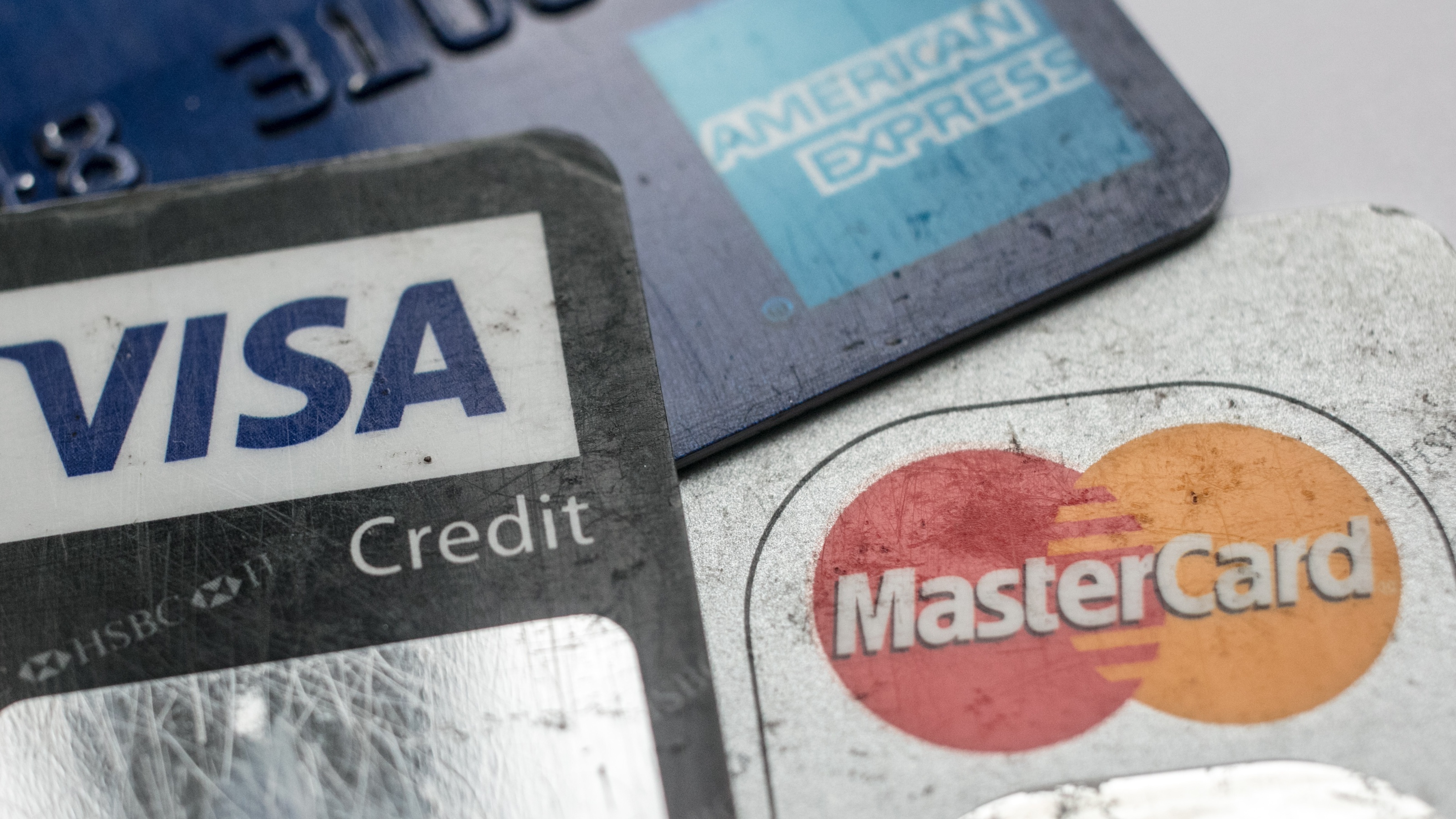 Brits keeping 21 million ‘money secrets’ from friends and family, survey reveals
Brits keeping 21 million ‘money secrets’ from friends and family, survey revealsSpeed Read Four in ten people admit staying quiet or telling fibs about debts or savings
-
 London renters swap cramped flats for space in suburbia
London renters swap cramped flats for space in suburbiaSpeed Read New figures show tenants are leaving Britain's cities and looking to upsize
-
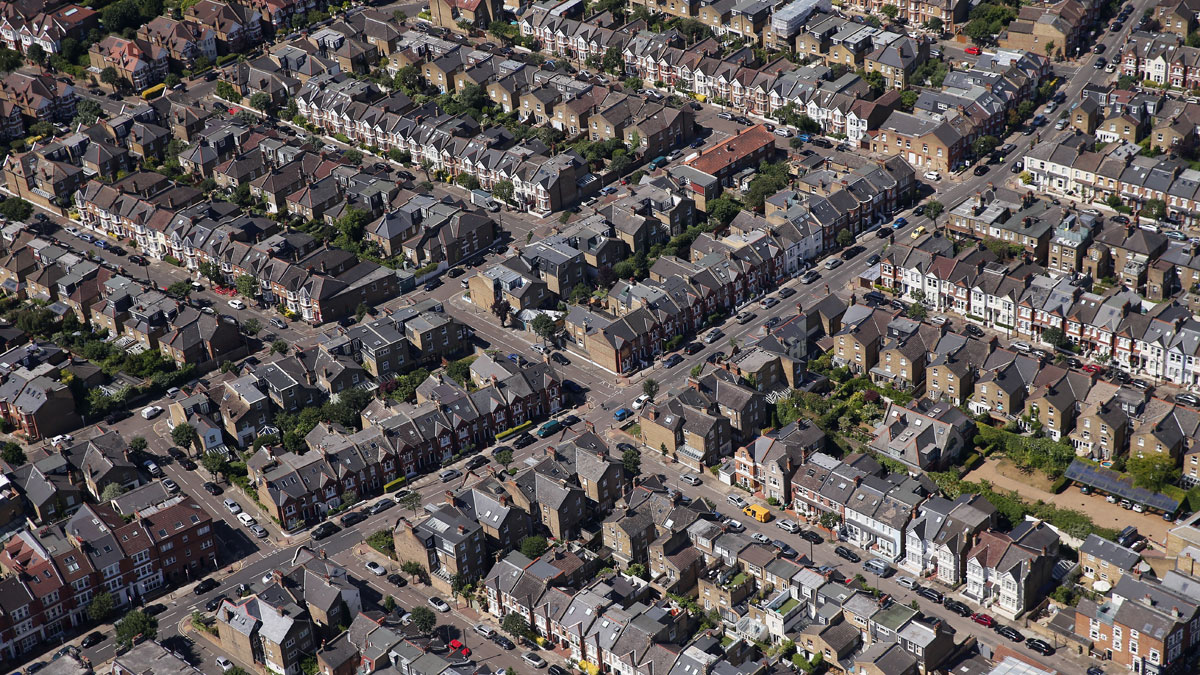 Should the mortgage holiday scheme have been extended?
Should the mortgage holiday scheme have been extended?Speed Read Banks warn that some homeowners may struggle to repay additional debt
-
 RBS offers coronavirus mortgage holidays
RBS offers coronavirus mortgage holidaysSpeed Read Taxpayer-owned bank follows measures taken in virus-struck Italy
-
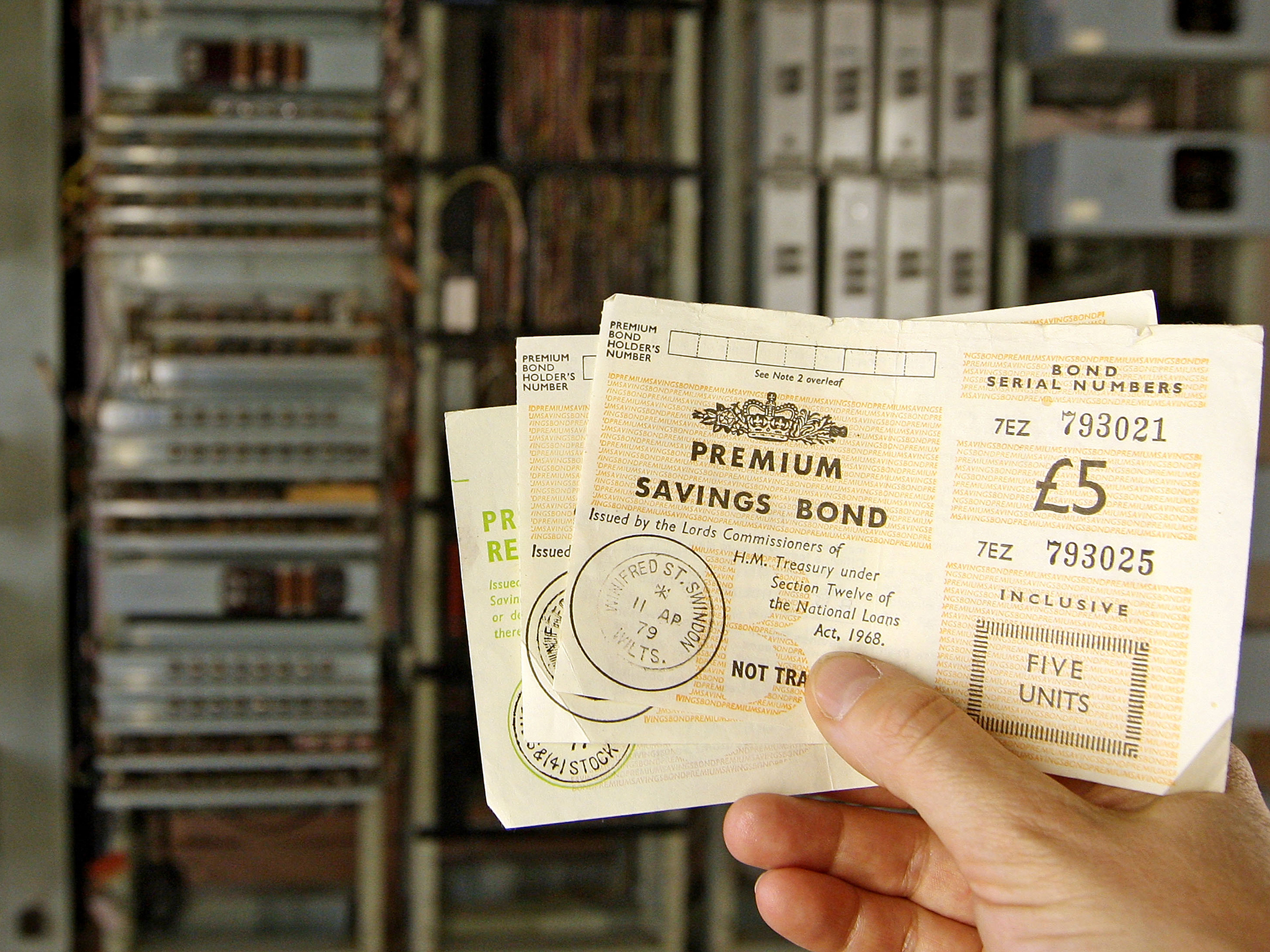 What are the changes to National Savings payouts?
What are the changes to National Savings payouts?Speed Read National Savings & Investments cuts dividends and prizes for bonds
-
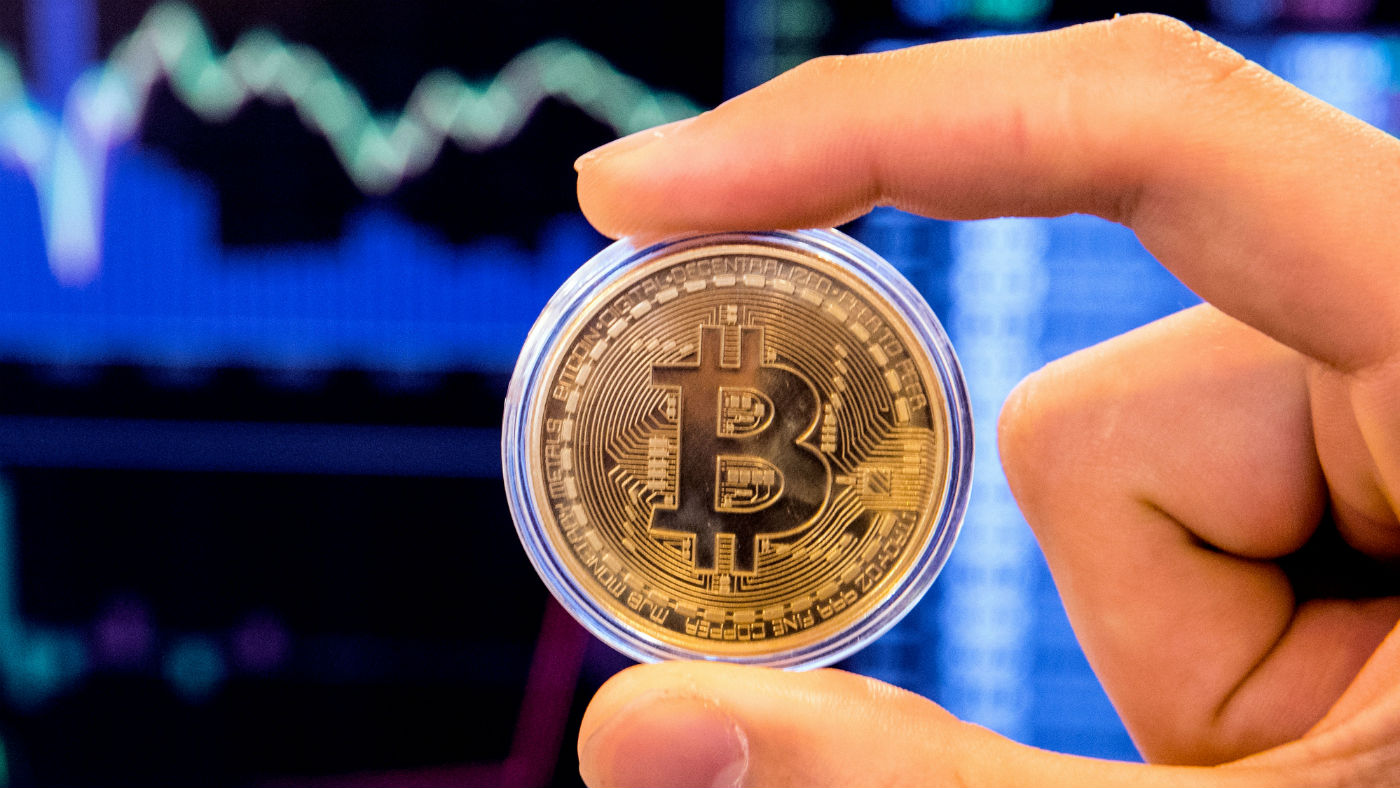 China clears path to new digital currency
China clears path to new digital currencySpeed Read Unlike other cryptocurrencies, Beijing’s would increase central control of the financial system
-
 Why are donations surging to the RNLI?
Why are donations surging to the RNLI?Speed Read Charity enjoys flood of funding after criticism for overseas work
-
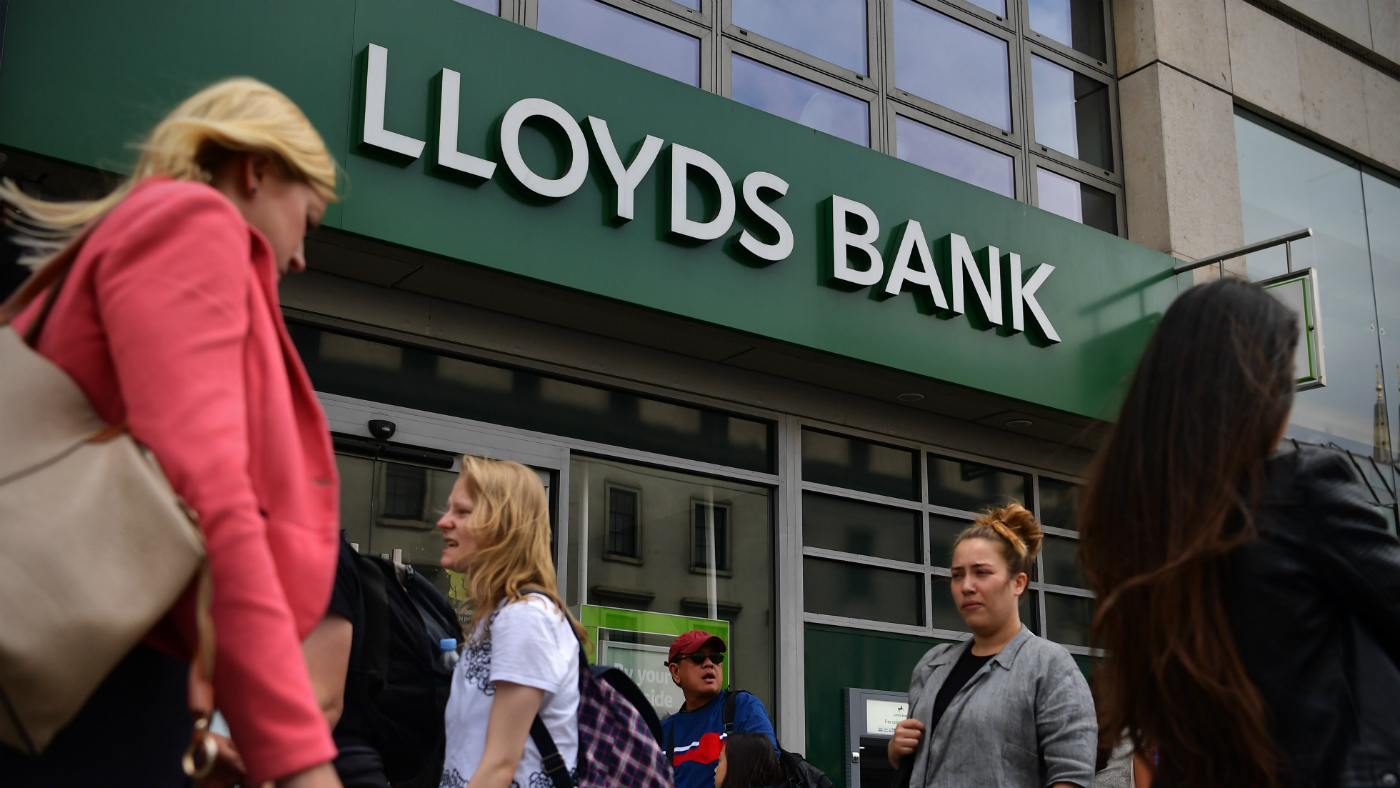 PPI deadline day: how to claim
PPI deadline day: how to claimSpeed Read Final chance for consumers to apply for compensation